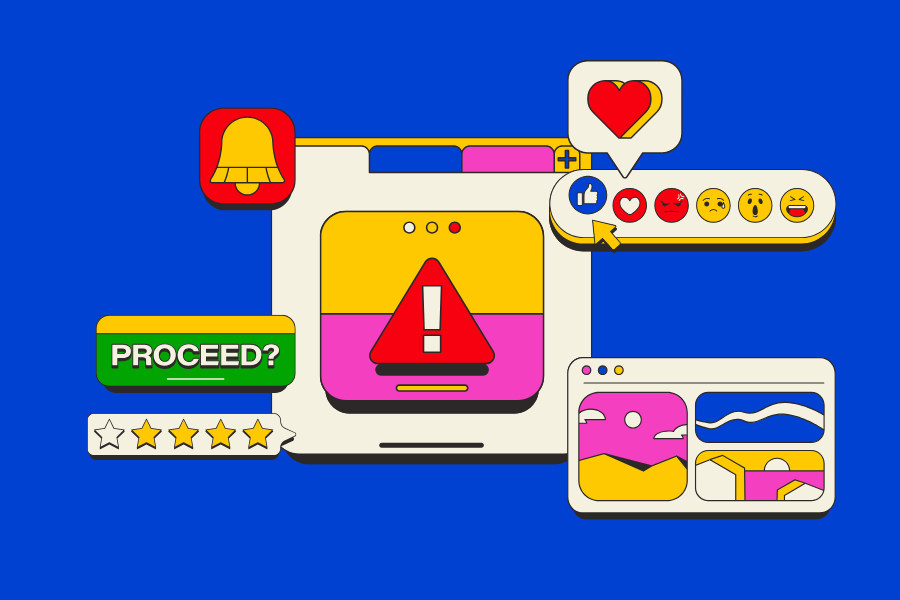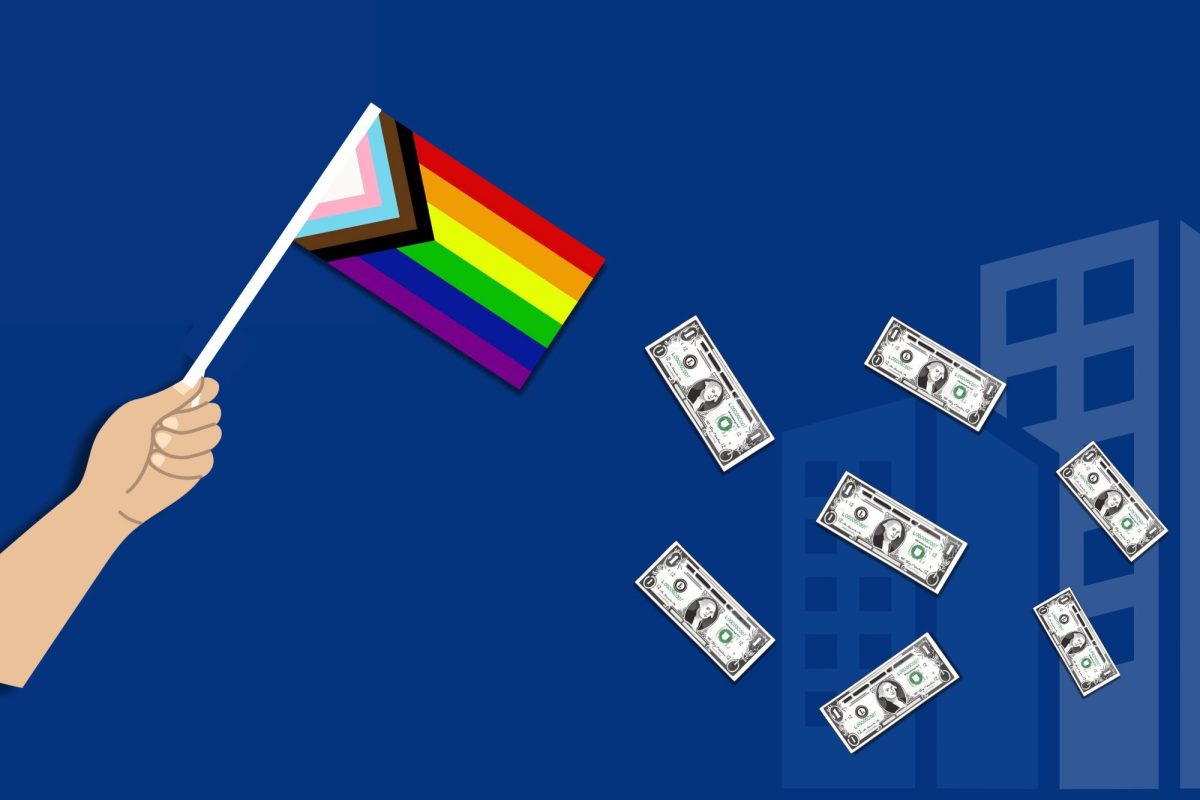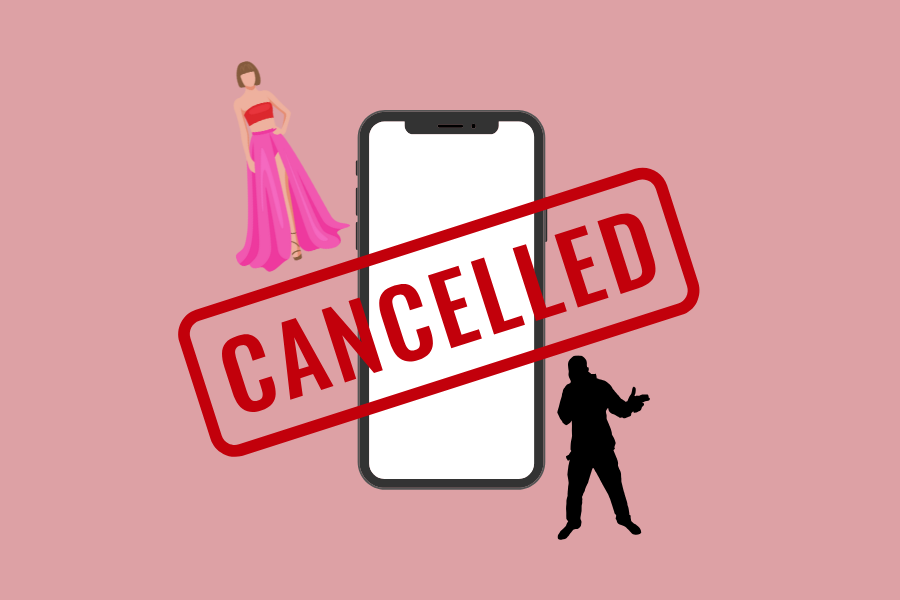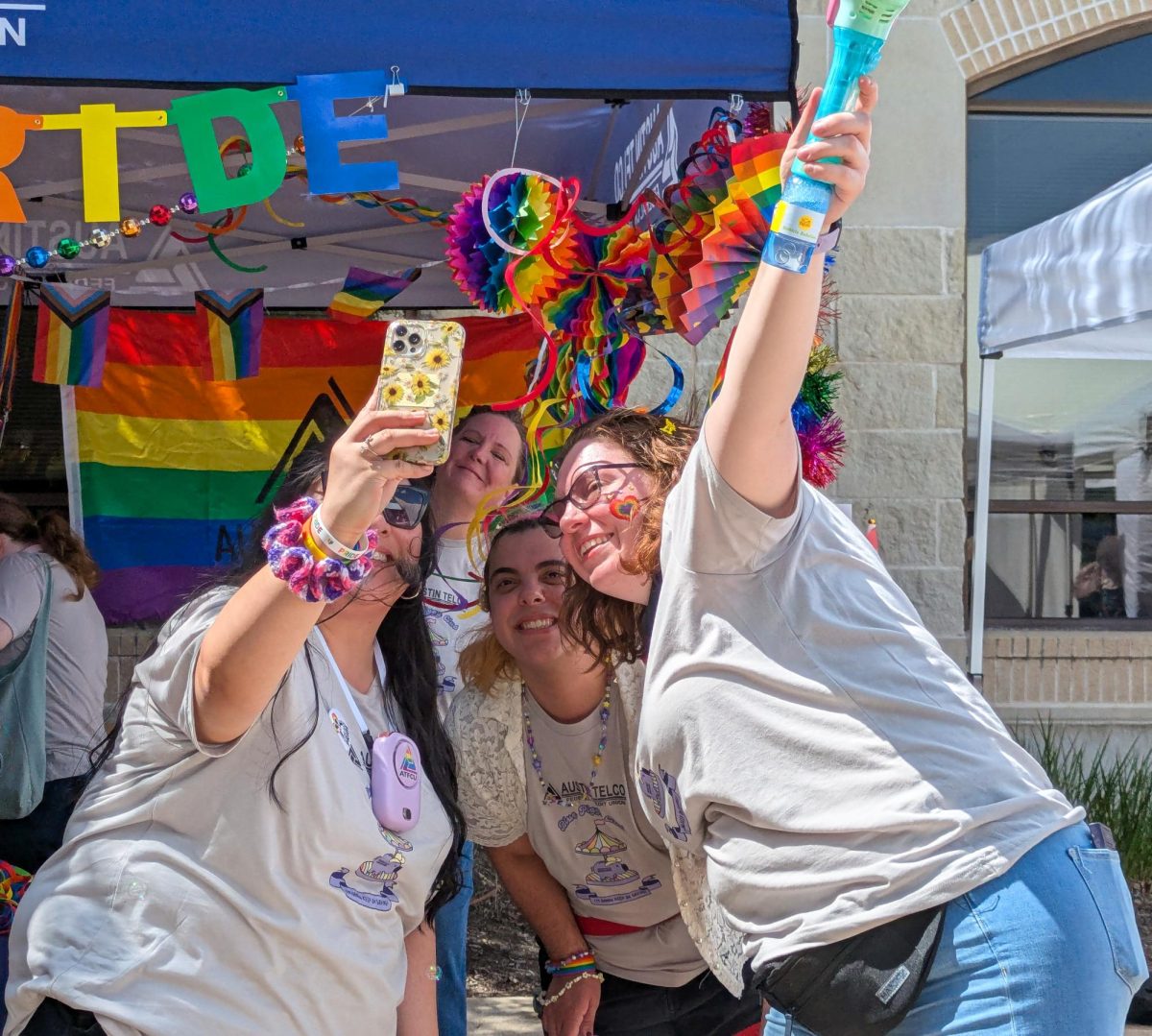The ascension of TikTok, Instagram Reels, YouTube Shorts, and similar short-form video content on the internet no doubt increased the average person’s access to information, both good and bad. In particular, this rapid accessibility of content more easily popularizes certain slang terms. A singular viral video of a woman talking in her car popularized usage of the word “demure”; pop artist Charli XCX’s recent album Brat turned an album name into an adjective; TikTok began using the word “aura” to describe someone’s level of coolness and nonchalance.
However, not all words popularized by the internet are as lighthearted. In particular, many phrases and colloquialisms often disproportionately target disabled people or those with disorders.
Over the past few years, especially with the onslaught of mental health crises during the pandemic, certain psychological vernacular has become more popular. Gaslighting is a technique often used by psychologically abusive individuals to make their victims question their own sanity and reality. Being victim to a textbook gaslighter is tormenting and demeaning – and yet, widespread use of the word “gaslighting” has reduced its definition. Now, because of the internet, the phrase “you’re gaslighting me” might come up in friendly, day-to-day conversations to simply mean someone telling a small lie or being sarcastic.
Although widespread use of more niche words can have positive outcomes, for example increasing awareness of the actual gaslighting technique, incorrectly using psychology jargon (known as therapy speak) has negative real-world consequences. Overuse of the word “gaslighting” in regular conversation leads to the word being misused, often in a diminishing way. Only using the term in banter reduces how people interpret the word when they hear it, leading to skepticism of those who may truly be experiencing gaslighting. Furthermore, as the word is used more and more in such contexts, people will eventually forget its original meaning, and the word essentially loses its strength.
The use of slang can often be a double-edged sword. Oftentimes when people use words that are popularized on the internet, they do so without considering the latent effects. Describing someone’s speech as “yapping” is, at face value, harmless. However, when the word is employed every time someone talks for an extended period of time it can serve to devalue their contributions to a conversation. The term yapping has a negative connotation and implies that when one is passionate about something they’re talking about, it’s automatically meaningless, or in one ear and out the other. People deserve to be passionate, and there’s a social contract to respect what another person is saying. The art of conversation is an inherently human interaction, and it’s an art that shouldn’t be lost just because people’s attention spans aren’t equipped to handle extended conversations.
Some effects of internet language are more blatantly negative. The internet has colloquialized many diagnostic terms, turning them into slang. Instead of simply “crazy”, someone might be called a psychopath, a sociopath, or they may be accused of being bipolar. However, those three terms describe very real disorders that many live with. Instead of perceiving real psychopaths, sociopaths, or those with bipolar disorder as human beings, often with overlooked or stigmatized struggles, reductive usage of those words further discredits those disorders. Furthermore, the overuse of these terms that describe genuine medical conditions leads to an oversimplified understanding of these conditions. When people online choose to share their experiences with conditions such as Borderline Personality Disorder (BPD), they are often met with criticism from people who only have a broad, surface-level understanding of symptoms and experiences. Those outside commenters, who may believe they’re an expert or know a lot about disorders just because the diagnosis has entered common vernacular, may project a false understanding onto real peoples’ experiences, thereby further negatively affecting people with disorders.
This stigmatization extends to other disabilities too. The word “acoustic” was originally used outside its original meaning as a satirized version of the word autistic, developed within communities of people with Autism Spectrum Disorder. However, the word has since burst from its niche in-group into the vocabulary of many non-autistic (allistic) people. TikTok and other short-form video platforms have since spread this word even more, such that it appears in the day-to-day speech of some adolescents.
Although the word in and of itself isn’t negative, its usage has made it such – more and more allistic people use “acoustic” or “autistic” as insults. Asking people who do out-of-ordinary things if they are “acoustic” has become a way for certain teens to poke fun at actions or people they think are dumb. Phrases like “she’s so acoustic” disregard the real struggles autistic people face by automatically trivializing them. These phrases inherently demonize autistic people by implying that simply any frowned-upon action is one an autistic person would do.
It’s incredibly easy to play these words off as jokes. It becomes a habit for teens to say inflammatory or antagonistic things, only to follow up any pushback with “it’s just a joke.” However, verbalizing such “jokes” can still convey harmful messages. The more an allistic individual calls out anomalous actions as “acoustic,” the more likely they are to actually begin associating negative actions with autism. This widespread stigmatization means that autistic people continue to be misunderstood, or worse, disparaged and demonized for simply existing.
Overusing and misusing diagnostic words continue to reinforce the ableism that those with disabilities face day to day. These jokes have real-world consequences that will continue to worsen the more the internet slang gets used. While it may seem harmless, or all in good fun, the way one uses their words has lasting effects on those around them. In an age of ever-shifting trends that are constantly changing the popular vernacular, it is more important than ever to stay aware of the words you choose to use.


















